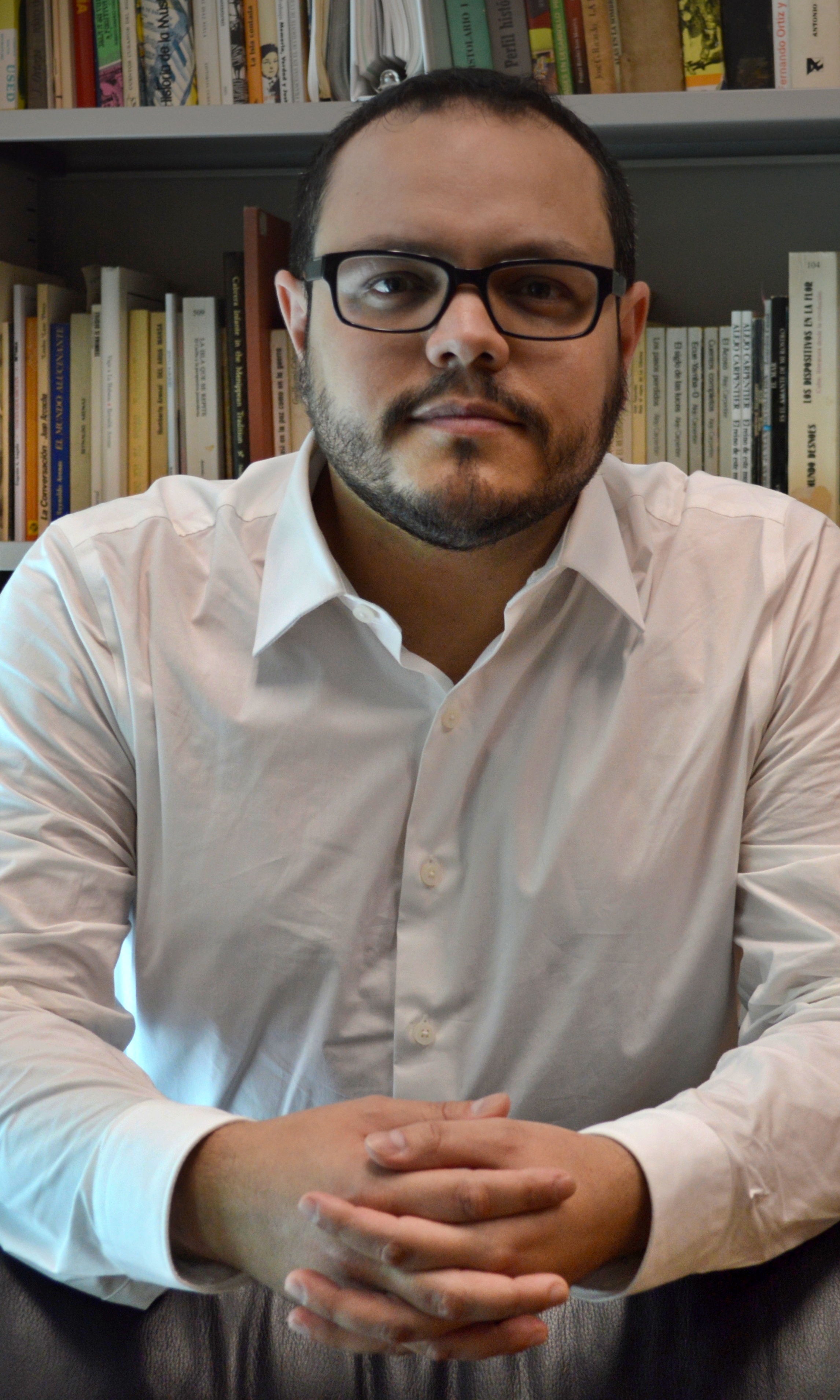WINNER OF THE 2019 DAVID JOHN RUGGIERO DISSERTATION AWARD
Alok Amatya (English)
 |
Alok Amatya’s Resource Conflict Literature: Reading Indigenous Struggles advances a new model of literary geography. This theoretically sophisticated and methodologically innovative study focuses on a corpus of texts that spotlight local struggles against neocolonial resource exploitation in diverse contexts around the globe. Bringing together works centered on India, the Niger Delta, and the Arabian Peninsula, Amatya analyzes how writers and filmmakers re-map these locations from the perspectives of indigenous minority communities facing displacement, repression, and environmental degradation as a result of resource grabs by multinational mining and oil corporations. His study is centrally concerned with how the literature of resource conflict constructs indigenous minority identities in postcolonial contexts. Beyond literary and film studies readerships, the project will engage scholars, activists, and others interested in the politics of indigeneity, the impact of resource extraction on local populations and environments, and the question of how art and journalism can inspire change. The committee was impressed by the extent to which Amatya’s dissertation proposes a new field of study, rather than simply building on existing ones. Indeed, the significance of his work has already been recognized, as evident in his co-editorship of a special issue of the prestigious journal Modern Fiction Studies on “Literature of Extraction.”
|
HONORABLE MENTION
Ernesto Fundora (Modern Languages and Literatures)
 Ernesto Fundora’s The Uses of the Stage: Canon Formation Processes in Cuban Theater offers a deeply researched and rigorously analyzed study. He examines how staged repertoire, theater historiography, anthologies, course syllabi, and censorship have played key roles in the construction of the Cuban theatrical canon. With close attention to canon-making as an interpretive activity, Fundora revisits flashpoints in the history of twentieth-century Cuban theater, prior to and following the 1959 Revolution. Placing the theatrical event at the center of his study, he comparatively analyzes how plays are staged and reinterpreted at different historical conjunctures. Fundora also examines the influence of published historiographies and anthologies as well as of syllabi in constructing the Cuban theatrical canon, and how censorship has constitutively shaped its definition as well. Fundora’s dissertation offers an innovative interdisciplinary approach, combining theater history, performance studies, literary studies, and reception studies. In shedding new light on theatrical canon construction in Cuba, this study also illuminates how this “national” canon articulates with wider processes of canon formation.
Ernesto Fundora’s The Uses of the Stage: Canon Formation Processes in Cuban Theater offers a deeply researched and rigorously analyzed study. He examines how staged repertoire, theater historiography, anthologies, course syllabi, and censorship have played key roles in the construction of the Cuban theatrical canon. With close attention to canon-making as an interpretive activity, Fundora revisits flashpoints in the history of twentieth-century Cuban theater, prior to and following the 1959 Revolution. Placing the theatrical event at the center of his study, he comparatively analyzes how plays are staged and reinterpreted at different historical conjunctures. Fundora also examines the influence of published historiographies and anthologies as well as of syllabi in constructing the Cuban theatrical canon, and how censorship has constitutively shaped its definition as well. Fundora’s dissertation offers an innovative interdisciplinary approach, combining theater history, performance studies, literary studies, and reception studies. In shedding new light on theatrical canon construction in Cuba, this study also illuminates how this “national” canon articulates with wider processes of canon formation.





